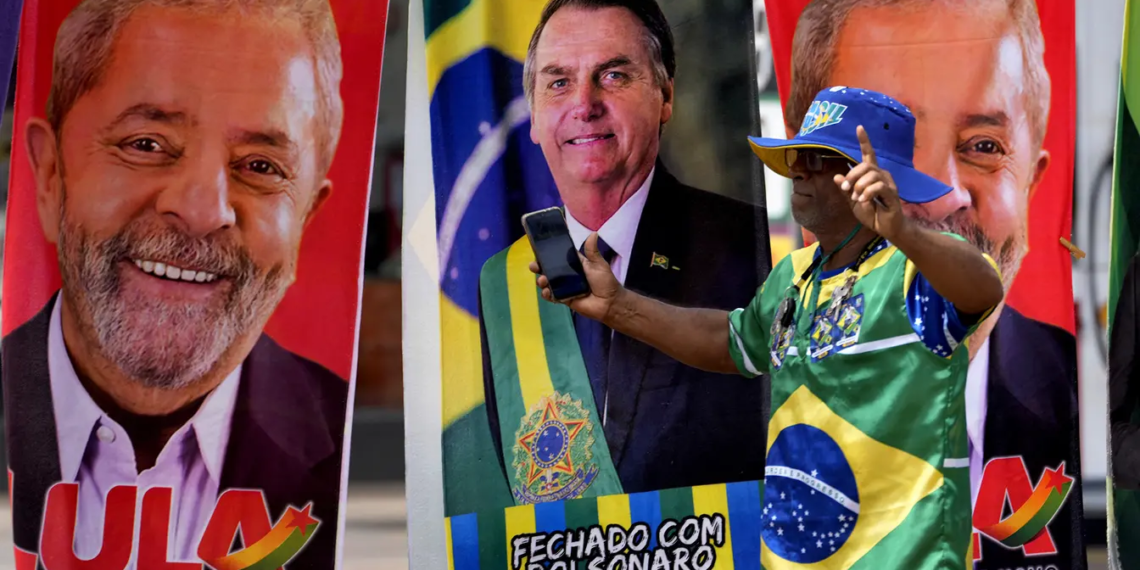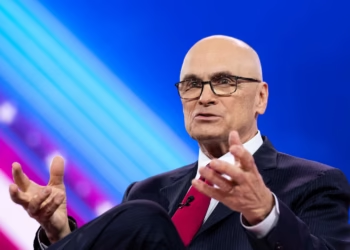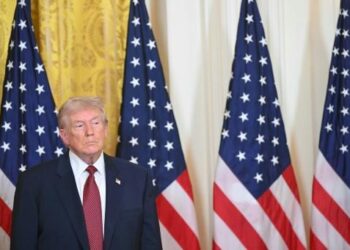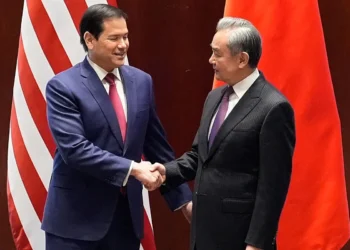BRASILIA (Realist English). The first round of the presidential elections in Brazil showed that opinion polls have seriously misfired. Just a few days before the polling day, many said that Luiz Inacio Lula da Silva was 15% ahead of the incumbent President Jair Bolsonaro, and some even predicted Lula would win in the first round. The second lesson is that the right—wing populist movement “Bolsonarismo” is not an outbreak at all, as many had hoped – it is an organized political force, and it will remain in the country, at least for the medium term. Christopher Sabatini, a senior research fellow in the Latin America, US and the Americas programme at Chatham House, writes about this in a column for the British newspaper The Guardian.
“Even if Lula should win, and pro-Bolsonaro election protests fizzle out, the former metalworker will have to confront a stumbling economy and a deeply divided electorate, with a large segment of the Brazilian population distrustful of the country’s democracy and political class. None of this bodes well for a country that needs to heal its deep political divisions and pull together for a raft of much-needed economic reforms and difficult decisions,” the British analyst emphasized.
Thee Chatham House employee claims that “Even in defeat, Bolsonarismo will remain a political force, one that will not limit its power to traditional political institutions and voting.”
“Despite Bolsonaro’s many failings, he retains a strong popular hold on his base. This alliance of what has been termed bible (evangelicals), beef (farmers, many of whom have rolled back environmental protections and contributed to the deforestation of the Amazon) and bullets (gun-toting Brazilians, who, as a result of looser regulations on gun ownership now total over 2 million) will likely remain loyal and mobilised. And his party’s successes in the senate and the chamber of deputies guarantee that the party will remain an obstinate opposition even within the state.”
In May 2020, the British analyst noted that “Bolsonaro’s resemblance to Trump has never been so obvious as in their response to the pandemic.”:
“When at the end of March Trump called for the lifting of the quarantine in America by Easter, Bolsonaro quickly did the same.
However, unlike Trump, Bolsonaro actually does what he says. Trump often hints at his desire for absolute power, but in the end he always backs down. On the contrary, Bolsonaro joined the popular protests demanding the intervention of the Brazilian army and the dissolution of Congress and the courts. In fact, he embodies Trump’s unconscious, doing what Trump can only dream of. And since fascism is basically a fantasy about the total domination of the leader, Bolsonaro has clearly surpassed his teacher in achieving this goal.”
The former president of Brazil, the candidate of the Workers’ Party, Lula da Silva, won the first round of presidential elections, which took place on October 2. He received 48.4%. 43.2% of voters voted for the incumbent President Jair Bolsonaro from the Liberal Party.
The results of the elections in Brazil will be clear in the second round on October 30, since none of the candidates was able to get more than 50% of the votes.
Brazil is a country with a population of 216 million and the twelfth largest economy in the world by GDP ($1.44 trillion, slightly less than Russia), so the election results in it are important not only for Latin America.
In Brazil, many fear that Bolsonaro, if he loses, may, following Trump’s example, declare the election results rigged and try to stage a coup.


















